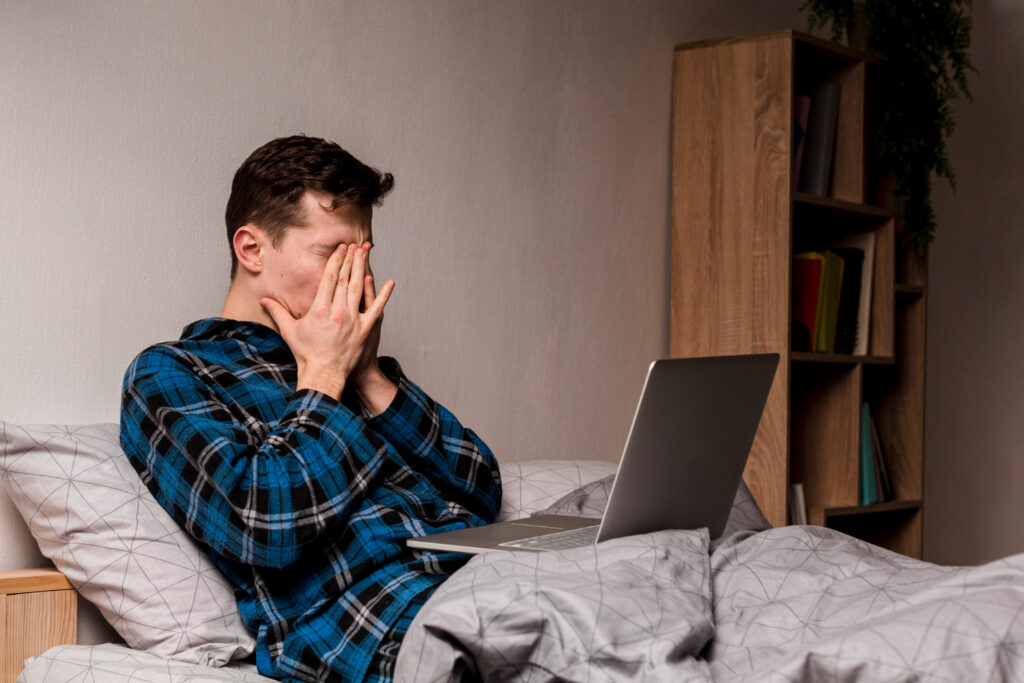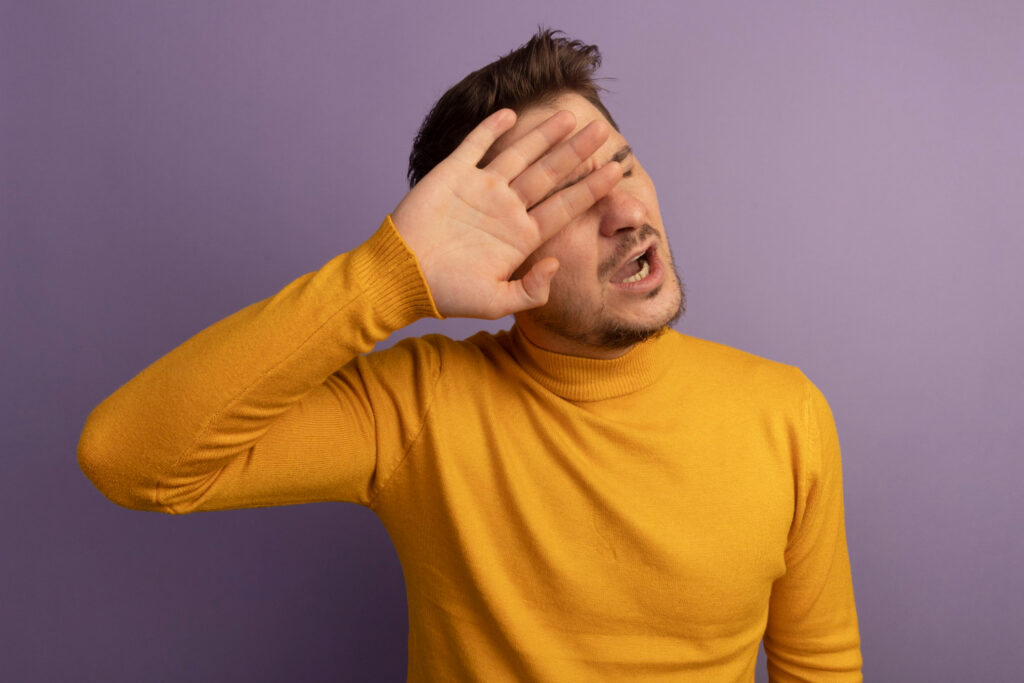
Blepharospasm is a term used to describe the involuntary spasms of the eyelid muscles, causing the eyelids to repeatedly and rapidly open and close or almost close. These movements are involuntary and can affect both the upper and lower eyelids.
Types of Eye Twitching
Most cases of eye twitching are harmless and temporary. However, there are instances where eye twitching is more severe and persistent, which can be indicative of neurological disorders. Some conditions that may cause persistent eye twitching include:
- Blepharospasm: A type of dystonia that causes severe eye twitching, often impairing vision.
- Hemifacial Spasms: Involuntary contractions on one side of the face, starting with the eye muscles and potentially spreading to other facial muscles.
- Meige Syndrome: A rare form of dystonia affecting the eyes, tongue, and jaw.
- Multiple Sclerosis: An autoimmune disease that affects nerve communication between the brain and body.
- Parkinson’s Disease: A central nervous system disorder that causes unintended movements, including tremors and stiffness.
- Tardive Dyskinesia: Involuntary movements caused by certain medications, especially antipsychotics.
- Tourette Syndrome: A neurological disorder characterized by repeated movements or vocal sounds (tics)
Causes of Eye Twitching
Common causes of eye twitching include:
- Caffeine: Excessive consumption can lead to muscle twitching.
- Dry Eyes: Lack of moisture can irritate the eyelids.
- Alcohol Intake: Excessive drinking can trigger twitching.
- Fatigue: Lack of sleep can cause muscle spasms.
- Light Sensitivity: Exposure to bright lights can cause twitching.
- Stress: High stress levels can lead to muscle spasms.
Certain medications can also cause eye twitching as a side effect. For instance, medications like Topamax (topiramate) and Sibelium (flunarizine) for migraines, and Clozaril (clozapine) for schizophrenia
Other Symptoms

Eye twitching often occurs for a few minutes or hours, causing the eyelids to open and close uncontrollably. This can sometimes result in blurry vision. Generally, this type of twitching is benign and resolves on its own.
Complications
The prognosis for eye twitching is typically good, with most cases resolving within a week without complications. Rarely, vision loss may occur due to injury.
Eye Twitching Treatment
Most eye twitching resolves on its own. To reduce frequency and severity, try:
- Reducing Alcohol and Caffeine: Cutting back on these can help.
- Getting Adequate Sleep: Ensure you are well-rested.
- Using Eye Drops: These can alleviate dry eyes.
For persistent cases like blepharospasm, treatments include:
- Botox Injections: These block muscle contraction signals and need to be repeated every three to four months for long-term results.
- Myectomy: Surgical removal of some eyelid muscles, effective for severe cases.
- Oral Medications: Muscle relaxants or sedatives, though less effective than Botox or surgery.
When To Contact a Healthcare Provider
Consult a healthcare provider if eye twitching:
- Affects Other Facial Parts: Such as causing drooping of the upper eyelids.
- Persists Longer Than a Week: Especially if severe enough to close the eyelid.
- Occurs With Other Symptoms: Such as eye discharge, redness, and swelling.
Summary
While eye twitching is often benign and temporary, persistent or severe twitching may signal a more serious health issue. Discuss your symptoms with a healthcare provider for proper evaluation and treatment












